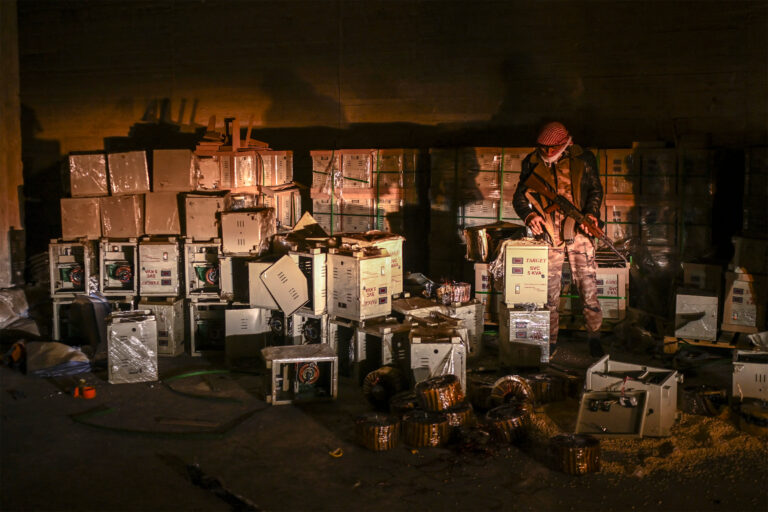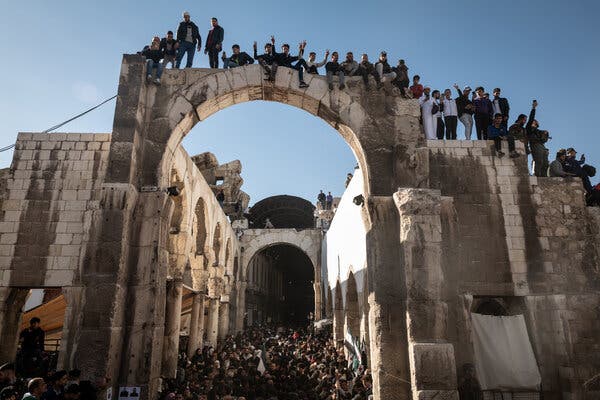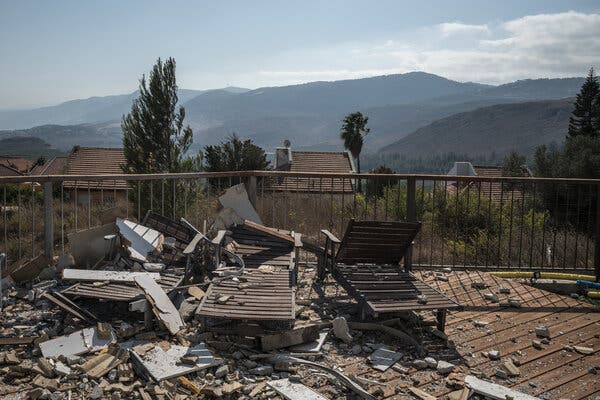Israel said the goal of its strikes on Hezbollah was to allow residents of the north to go home. Some are hopeful that plan will work, but others worry that war may not bring safety.

When Orly Gavishi-Sotto saw images of Hamas-led forces attacking southern Israel on Oct. 7, she worried about her kibbutz, a mere 500 yards from Israel’s northern border with Lebanon.
Ms. Gavishi-Sotto, 46, has spent more than two decades in Hanita, a hilltop kibbutz with a view of the Mediterranean Sea. Seeing Hamas attack Israel in the south, she feared that Hezbollah, the militant group that dominates Lebanon, might be capable of doing the same in the north.
“The first thought on Oct. 7 was that could have been us,” she said. “It was absolutely terrifying.”
Ms. Gavishi-Sotto is now among the roughly 60,000 Israelis displaced from their homes in northern Israel, an evacuation prompted by Hezbollah attacks that began immediately after the Oct. 7 assault, and that have been followed by tit-for-tat exchanges of fire ever since. For most of the past year, she and her three daughters have lived outside Hanita, moving among a hotel, a rented apartment and another kibbutz.
In the last week, Israel has ratcheted up the pressure on Hezbollah by beginning a major bombing campaign, with the stated goal of allowing residents in the north to return to their homes.



